
Tupac’s story is not an easy one to tell. He was charismatic, controversial, contradictory and immensely talented. As someone once said of the young Bob Dylan, he had so many sides he’s round.
Tupac Shakur, perhaps the best poet of the hip-hop generation, was born in East Harlem in New York City in 1971 and moved with his family to Marin County California in 1988. Although East Harlem was a tough neighborhood, Tupac’s years there were not typical of his peers. His family was politically radical, many of them prominent in the Black Panther Party and the Black Liberation Army and often targeted by law enforcement agencies for actual or suspected violent crimes. But Tupac, although he absorbed much of his family’s politics, had wider horizons. He studied acting. He wrote songs, poems, and manifestos.
He discovered acting when he joined the 127th Street Ensemble an acting company in Harlem. At 12, he was cast as Travis Younger in Raisin in the Sun, which was performed at the Apollo Theater, an African American cultural landmark. In 1986, he and his family moved to Baltimore, Maryland, where he enrolled in the Baltimore School for the Arts. While there, he studied acting, took dance classes, even some ballet, studied jazz, poetry and acted in Shakespeare productions. While still in Baltimore, he began to rap and later began performing as an MC back in New York City. Early in his career, he co-starred with Janet Jackson in the film Poetic Justice, which incorporated the poems of Maya Angelou.
Tupac’s family moved to Marin City, just north of Sausalito and near Mill Valley. It was surrounded by Marin County’s picturesque hills and was home to many artists, performers, and patrons of the arts. The scene there exposed Tupac to a bit of the California lifestyle, which influenced his approach to hip-hop, distinguishing it from the east coast variety. He wrote a song called “California Lovin’” based on his feeling for the northern part of the state.
He attended poetry classes taught by Leila Steinberg in 1989. In the same year, Steinberg put together a concert for "Strictly Dope," a group that Tupac had formed. She introduced him to Atron Gregory, one of the most highly-regarded A&R men in hip hop history. Atron signed him to a contract and hired him as a roadie, backup dancer, and an MC with Digital Underground in 1990. This began his performing career and provided him with a strong foundation for his solo career. He eventually sold over 25 million records worldwide and is adding to that number posthumously even now.
He said of his rivals in New York City that they lived differently from the hip-hop generation on the west coast. By the latter part of the 1990s, the media saw a big story in the inter-coastal rap war and gave it broad coverage, especially as leading rappers began to call each other out in public and black leaders called for peace and an end to gang warfare. Hip hop fans on either coast began to choose sides.
Tupac had his own thing. He was concerned about the plight of young black men in America and gave back to his community by supporting good causes and worthy organizations. One of the best-selling recording artists of all time, he was also well known for speaking out on issues of social justice. He tempered his anger a bit and recorded tender love songs as well as songs that told the stories of the street.
Tupac was a voice for black youth in the 90s just as Dylan was for white youth in the 60s. He had some success in getting through to whites just as Dylan did with blacks, e.g., Sam Cooke who, according to an article in The New Yorker, said that “A Change is Gonna Come” was directly inspired by “Blowin in the Wind,” which he recorded not long after it hit the charts. Peter Guralnick wrote in 2005’s Dream Boogie: The Triumph of Sam Cooke that Cooke “was so carried away with the message and the fact that a white boy had written it, that . . . he was almost ashamed not to have written something like that himself.”
Tupac was often accused of glorifying “thug life” but he was much more than a “young thug.” He took a loaded word that dated back to 14th century India and referred to thieves and ruffians, and gave it a new meaning in black culture. As with other insults, the insulted made it a badge of honor and attempted to make it a source of pride.
“Thug Life” was also the name of a song by the alternative hip-hop group, Digital Underground that Tupac joined while living in Oakland after he left Marin. He also used the term as the basis for the “Thug Life Code” he wrote in 1992, a manifesto designed to bring some order to the gang-driven chaos on the streets.
For Tupac, although the use of the term could be mistaken for an endorsement of criminality, “Thug Life” actually meant the opposite of its traditional meaning. Later, as recorded on his Lost Prison Tapes, he said, “I have not brought violence to you. I have not brought ‘thug life’ to America. I didn’t create thug life, I diagnosed it.”
Had he lived it’s more than likely that Tupac would have continued to change as the best artists always do; he would have done more acting, become more actively engaged in helping his community, and he would have become a widely-respected leader.
Despite his use of the word, he was more performer than any kind of thug in its original sense. In the 90s, most rappers were fond of referring to themselves as thugs and sometimes behaved that way, but they often were not “thugs” in the sense that Tupac used the term. It was part braggadocio and part of a persona used to create an image, as well as a marketing device and a code to live by. If you were a “thug” in those days, it gave you street cred and helped sell records.
Tupac himself did time in New York’s notorious Riker’s Island after being convicted on sexual assault charges. On the Arsenio Hall Show, Shakur stated he was innocent of all charges and it hurt him that "a woman would accuse me of taking something from her" when he was raised by and was surrounded by females. He used his months in Riker’s as a time to reflect and read. In many ways, he was the opposite of a “gangsta.” He was complex and intellectually curious. He saw himself as an artist. It’s hard to know what he might have become if he hadn’t been murdered at the age of 25. Many of his peers thought he was destined to be a leader and that, like Malcolm X before him, his views were becoming more inclusive and expansive as he educated himself and gathered more life experience.
At Riker’s Island, Tupac spoke of planning to begin a "new chapter" of his life when he was released. Friends, colleagues, and others said he seemed like a completely transformed person when they spoke to him.
Tupac may have helped create his image as a thug, but at the same time, he showed a more sensitive side. He was not afraid to show he was human. Many of his peers and would-be peers have tried to copy his style, including 50 Cent, Lil Zane, and countless other rappers. Shakur defined hip-hop in the 90s. While many rap fans may be unaware of it, Tupac was the one who made the phrase “thug life” popular in the hip-hop world. He was the one who made the phrase catch on.
Tupac also made hip-hop more expansive than it had been when it began. He brought ideas from nearly everywhere in life to rap when it was most in need of breaking out of stereotypes and incorporating a larger palette of sounds and concerns. All of this was done by an artist who had the chops to do it.
Rapper Bishop Lamont said that Shakur had "mastered every element, every aspect of hip hop. Fredro Starr of Onyx said that Shakur "was a true master of the flow." Tupac could launch a ferocious attack on his enemies, and then minutes later write a touching tribute to his mother. He rapped of the experiences of a young urban man in the 90s with passion, compassion, and just the right amount of detail to make it real.
Eminem acknowledged Tupac as a major influence and he wasn’t the only one. Many of his peers did the same. The impact Tupac had on Eminem was deep and lasting: “The first time I ever heard Tupac was his verse on ‘I Get Around’ with Digital Underground. I was 18 or 19 years old and I remember thinking, ‘Who is this.’ He stood out so much. Once I heard that, I got his first album, 2Pacalypse Now. I saw the video for 'Brenda’s Got a Baby' and I remember thinking, ‘Holy shit.’”
VentureArticles.com, a popular online magazine. summed up Tupac’s impact on the world in a way it’s impossible to imagine for other great rappers of the past, present, or future:
“Today there are murals all around the world that bear Tupac's face. From Sierra Leone, Africa to his original stomping grounds in the Bay Area, California. The Tupac Amaru Shakur Center for the Arts was built in Stone Mountain, Georgia in honor of him, as well as a statue that greets guests outside the entrance to the MARTA Museum in Herford, Germany. Tupac's fans stretch from one side of the globe to the other, and can be found in small pockets of the earth where only the most iconic figures in history can enter.”
To gain some idea of how Tupac redrew the line between poetry and rap, listen to songs like “Life Goes On,” “Keep Ya Head Up,” “Dear Mama,” “Changes,” and “Only God can Judge Me.”
He may be best known as a rapper but as a student at the Baltimore School of Performing Arts, he learned to love Shakespeare more than most other fans of the great “dead white man,” despite it becoming “politically incorrect” to speak of him that way in many of our schools and universities. Tupac kept his ears open to anything that he could relate to in his own life. He once said of the greatest playwright in the English language:
"He wrote some of the rawest stories, man. I mean, look at Romeo and Juliet. That's some serious ghetto shit. You got this guy Romeo from the Bloods who falls for Juliet, a female from the Crips, and everybody in both gangs are against them. Real tragic stuff," he said to The Los Angeles Times just a year before he was killed.
Years have passed since he was brutally murdered in the prime of his young life. But Tupac's legacy remains. He made living literature and powerful music out of his ideas and emotions. His passion gave his ideas and emotions urgency. Tupac was on his way to leaving an even deeper legacy. Even though he saw injustice as part of the system and something that must one day be overcome if all of us to lose our chains, Tupac somehow remained a dogged optimist.
Here he speaks for himself in one of his poems:
Did you hear about the rose that grew
from a crack in the concrete?
Proving natures law wrong it
learned how to walk without having feet
Funny it seems but, by keeping its dreams
it learned how to breath fresh air
Long live the rose that grew from concrete
when no one else even cared
-- Tupac Shakur


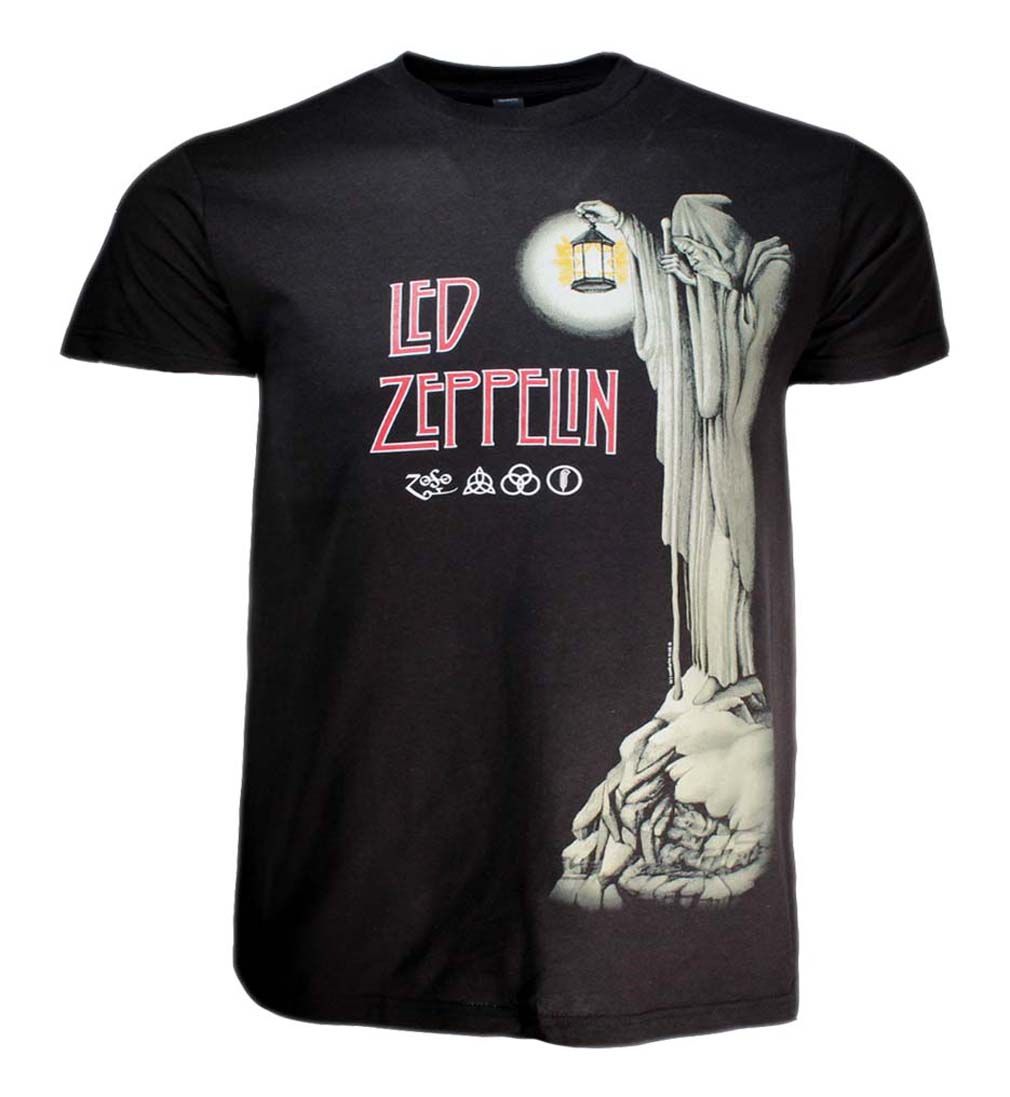
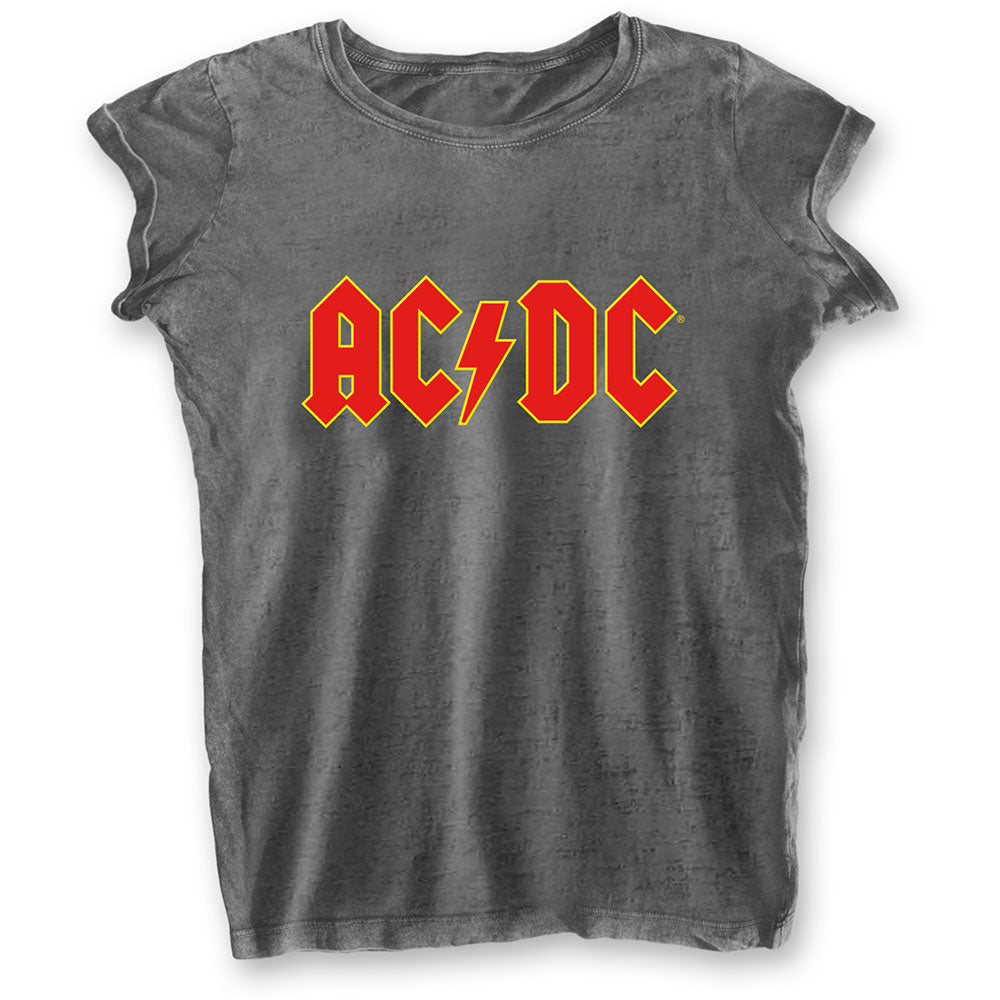
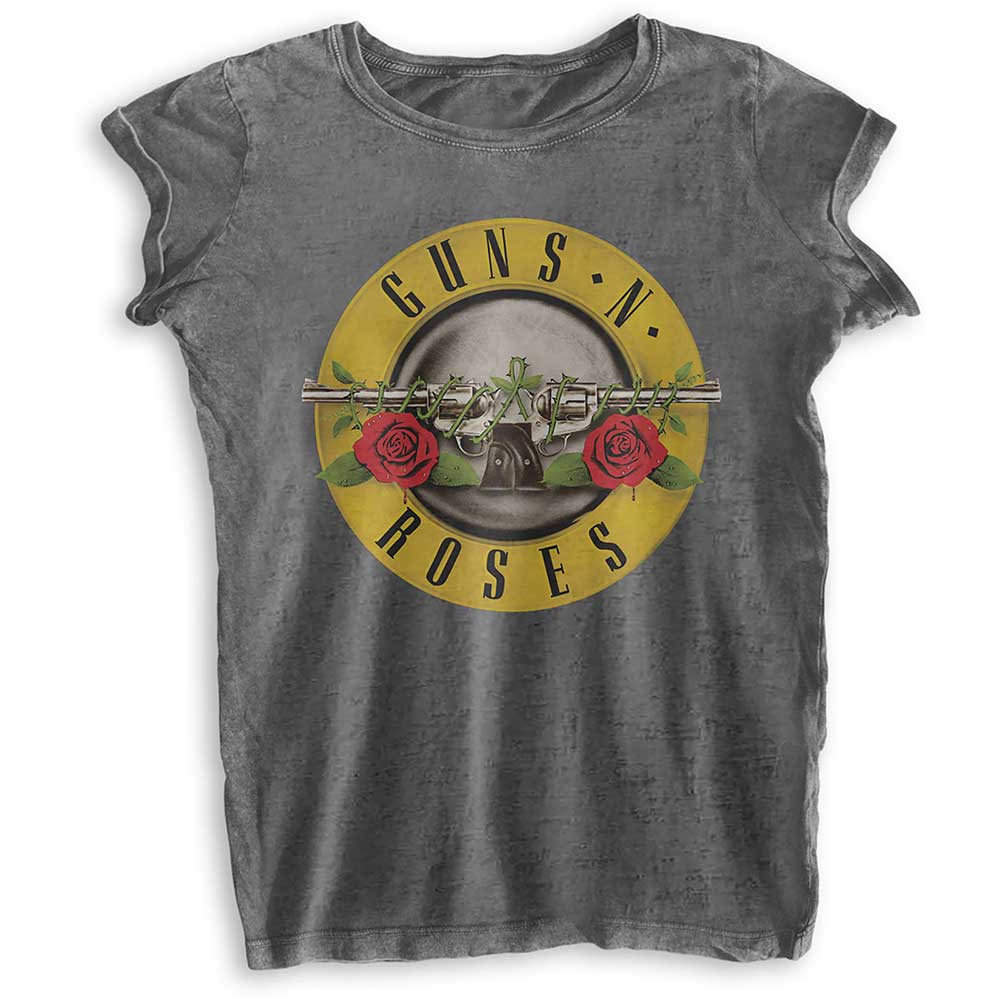









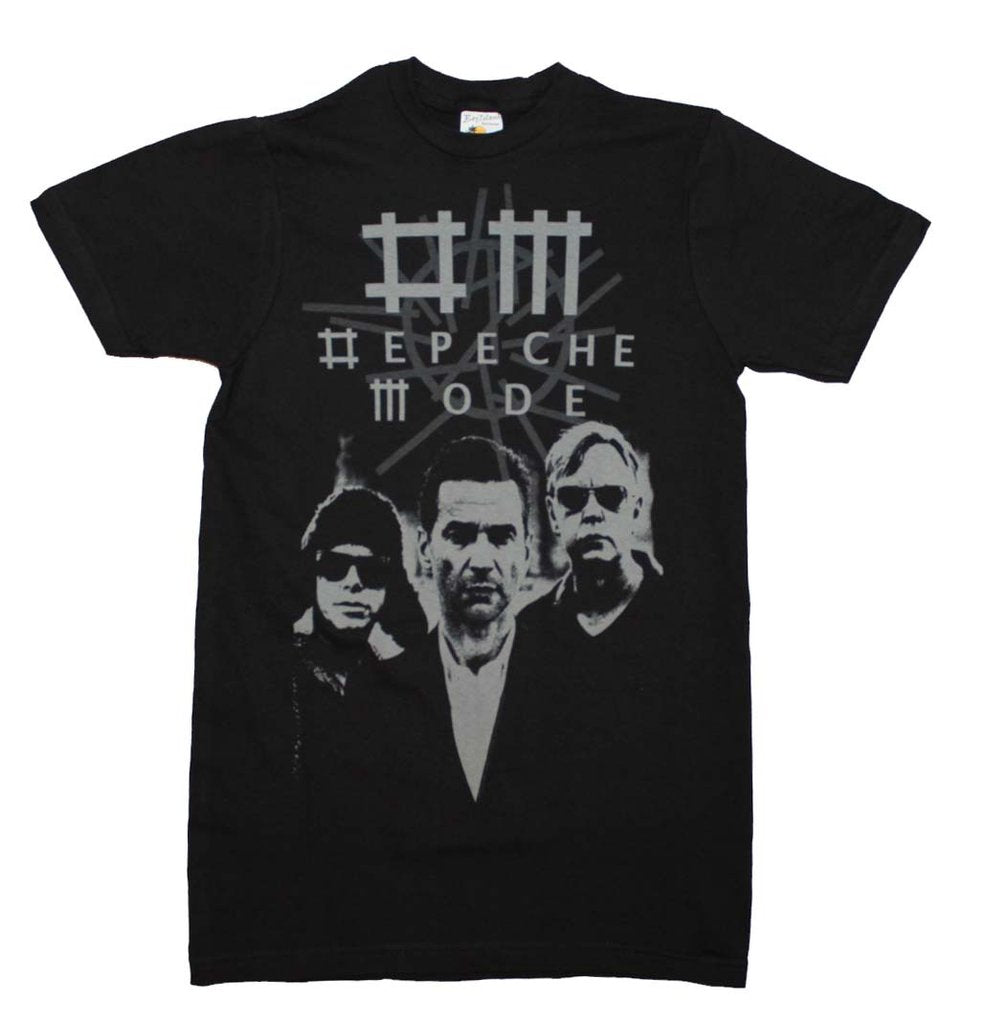
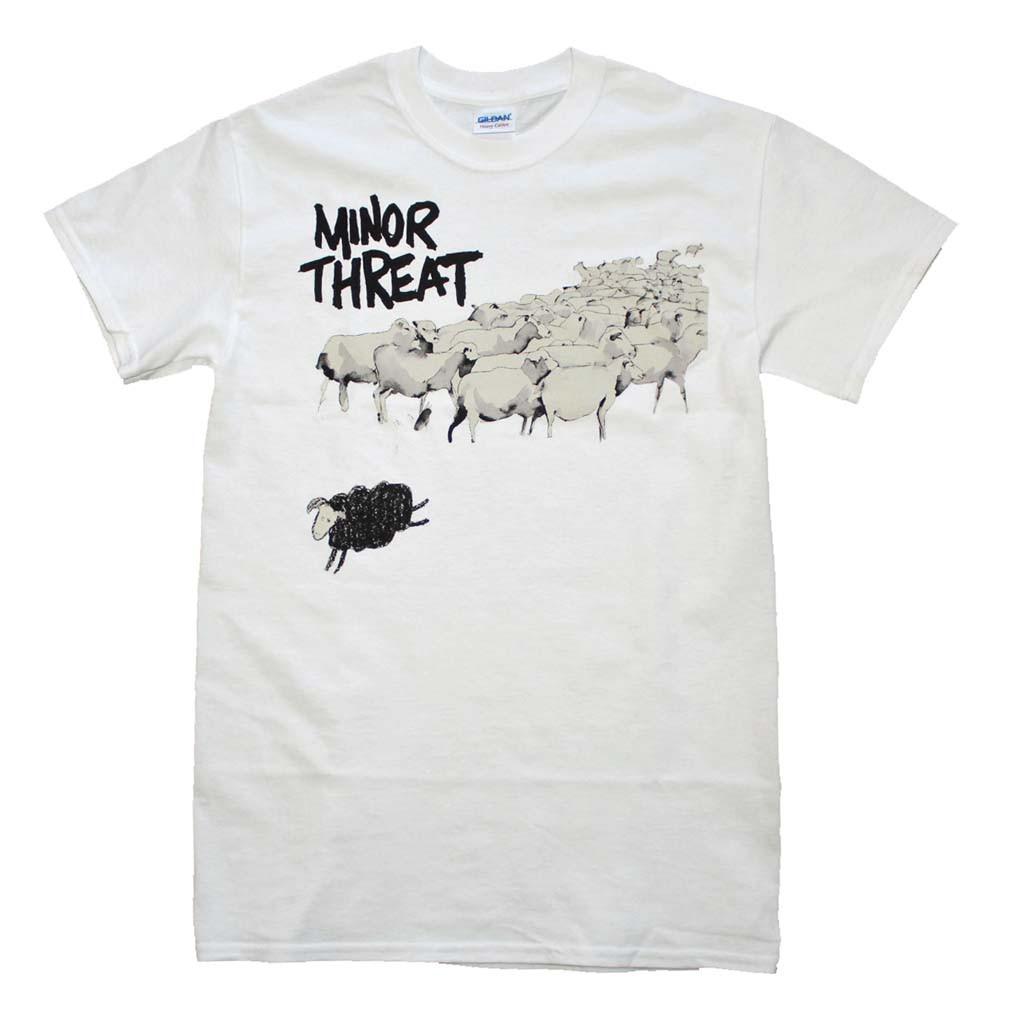
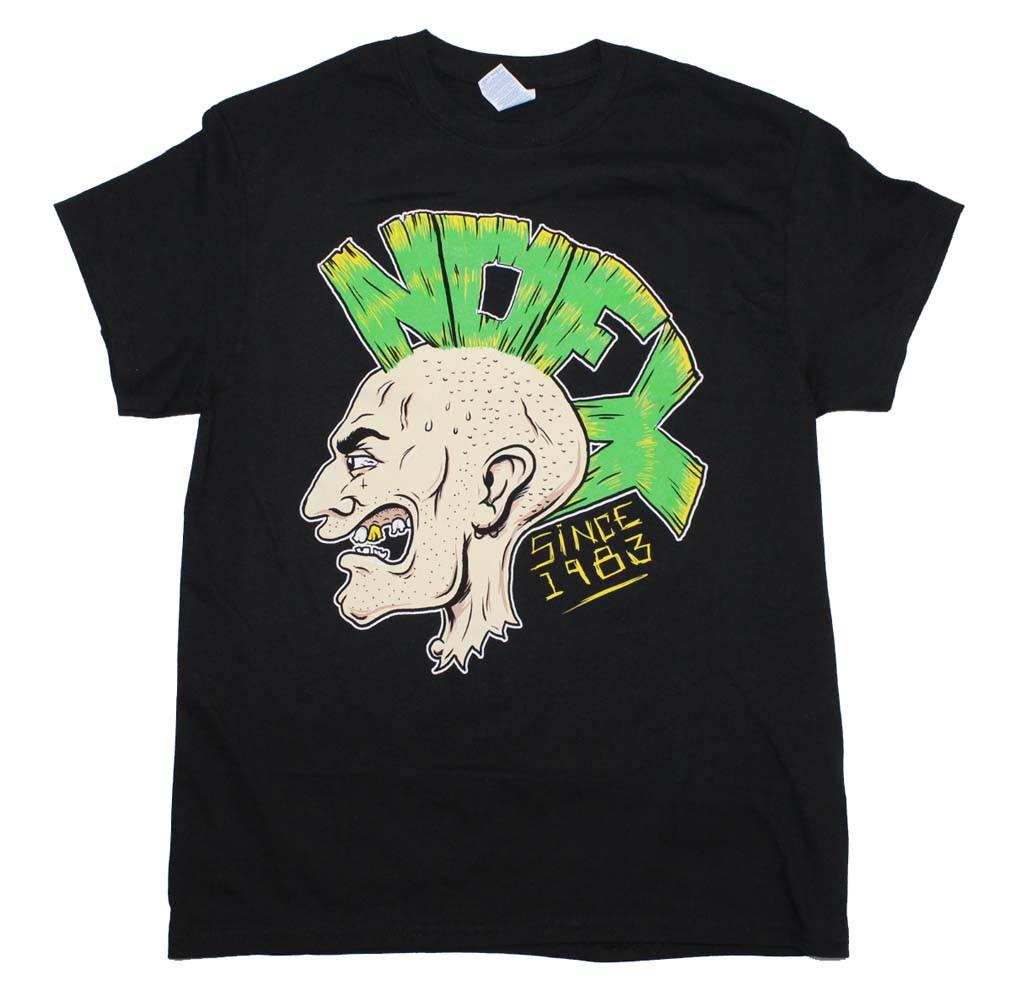
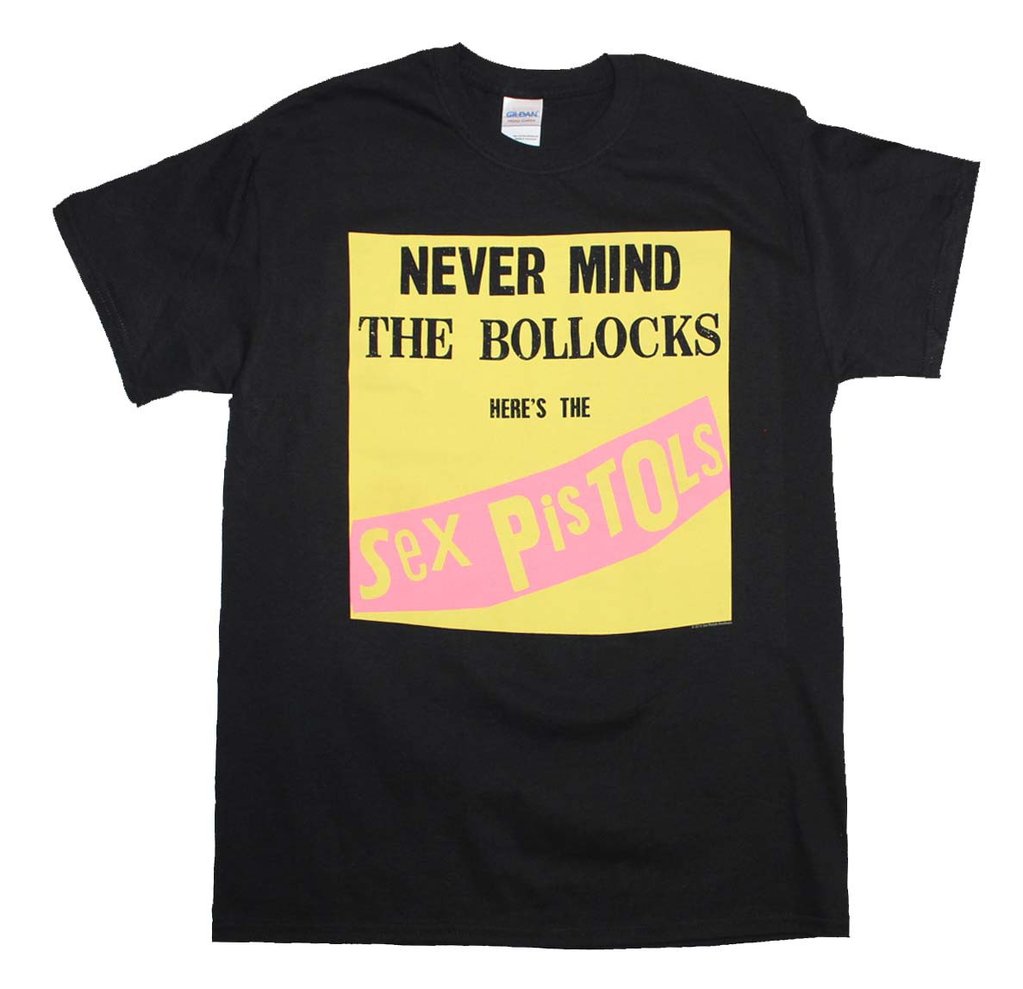
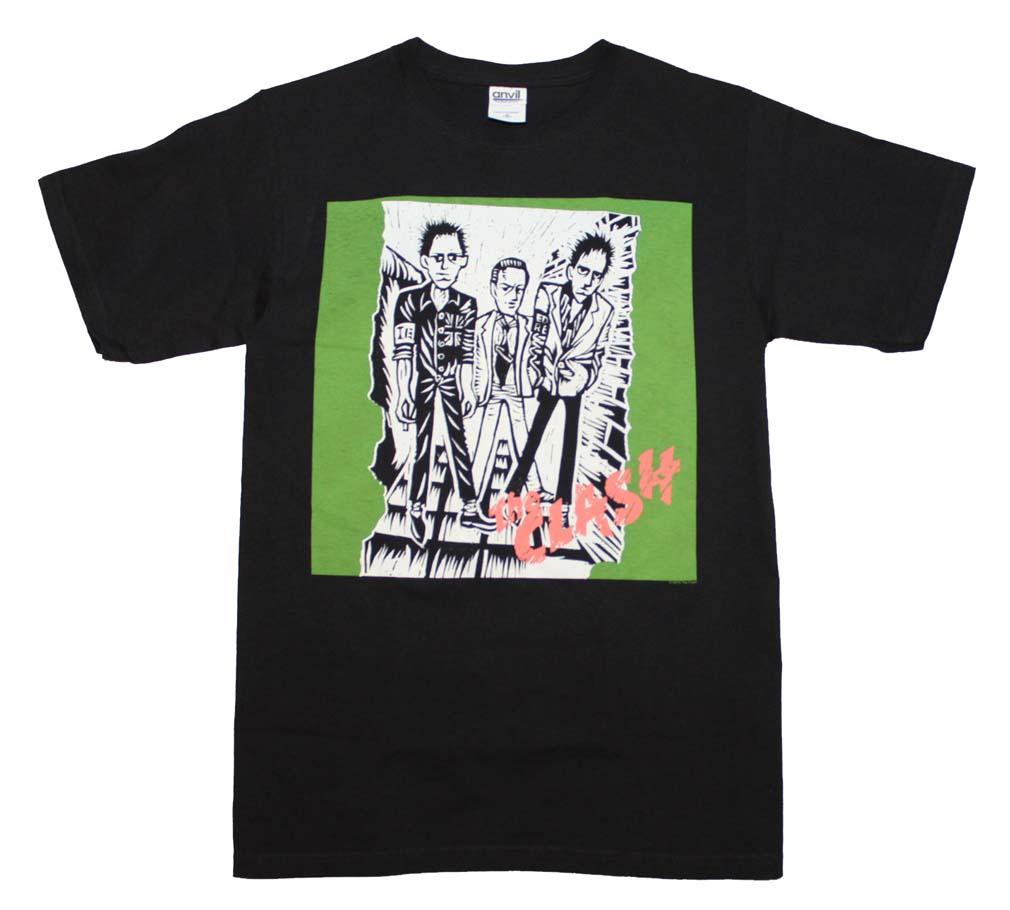
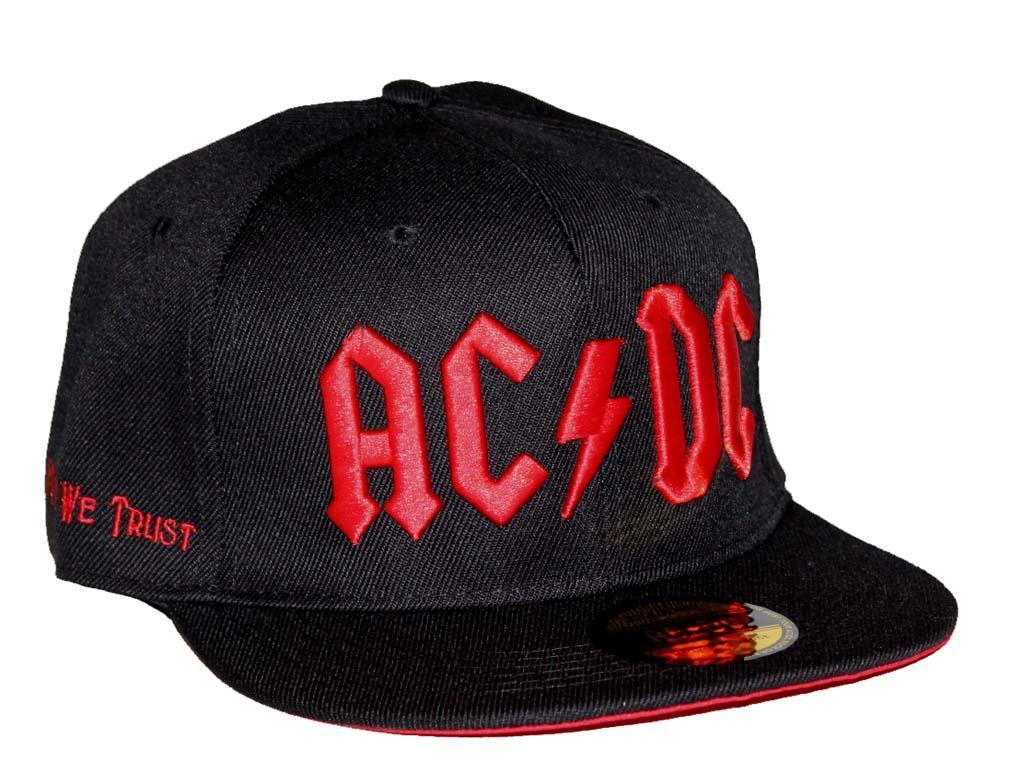



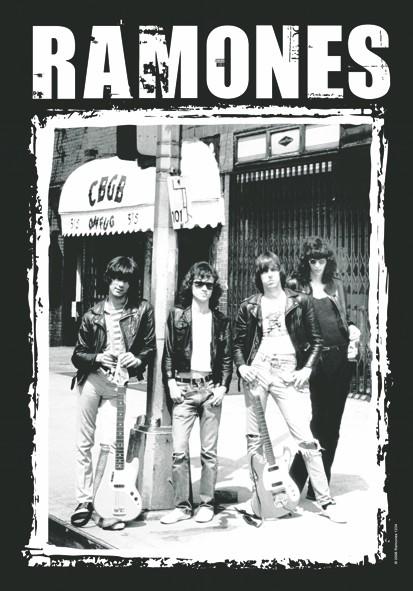
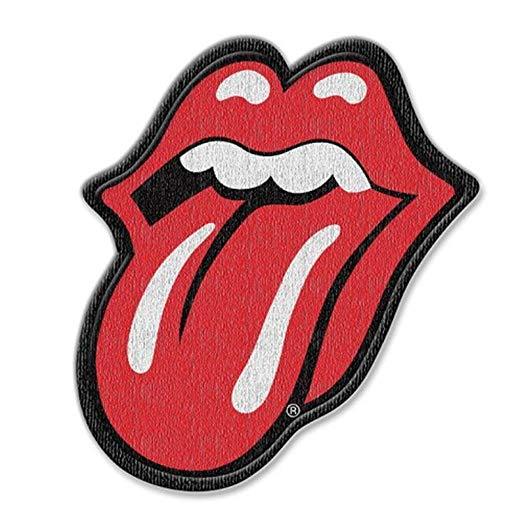
Comments
0 comments